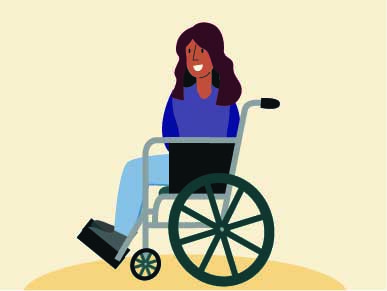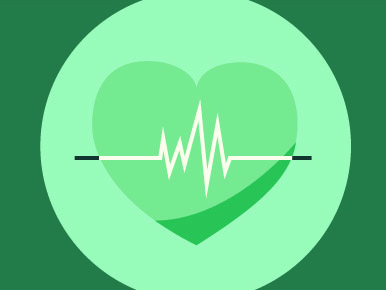How does trauma insurance work?
Thinking about having a critical injury or illness isn't easy, we get that. Unfortunately, a critical injury or illness has the power to turn your life upside down. Think about what would happen if you were forced to take time off work, or what would happen to your family – would you need financial support?If you're diagnosed with a critical illness or injury, trauma insurance pays out in a lump sum. You choose how much money you'll be paid out when you apply for your cover, we've made this easy for you to do online. Think about trauma insurance as living insurance, If you were to be diagnosed with one of the conditions below, you'd get paid the lump sum amount.
Conditions covered by trauma insurance
The insurers we work with at LifeDirect will have some differences as to what they cover. Most trauma policies will have a list of 40 or so specific conditions, as well as their descriptions. There's a bunch of standard conditions that will be covered, for example, cancer, heart attack, stroke, and terminal illness to name a few medical conditions. To get a full list of what conditions are covered by the insurers we work with, you can Compare quotes on LifeDirect and see the full details of the policy brochures from NZ's top insurers.Choosing how much to be paid out
You get to choose your level of cover, and how much your lump sum benefit will be. The best way to go about choosing is to think about what would happen if you were no longer able to work, and how many people depend on your income.A couple key things to think about when choosing your cover amount is whether you could pay off your mortgage or other debt, or any immediate medical bills that could crop up.
Get in touch
Our mission at LifeDirect is to help Kiwis get insured. If you want a hand with trauma insurance, get in touch! You can fill out a contact form online or give us a call on 0800 800 400 to chat with our Wellington based team.Disclaimer: Please note that the content provided in this article is intended as an overview and as general information only. While care is taken to ensure accuracy and reliability, the information provided is subject to continuous change and may not reflect current development or address your situation. Before making any decisions based on the information provided in this article, please use your discretion and seek independent guidance.





